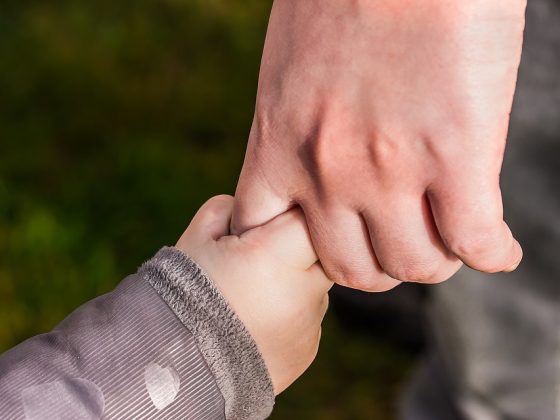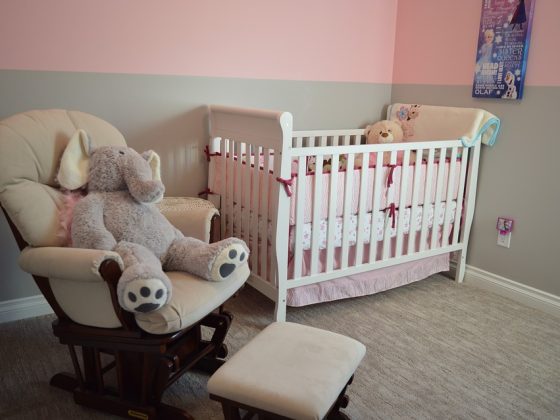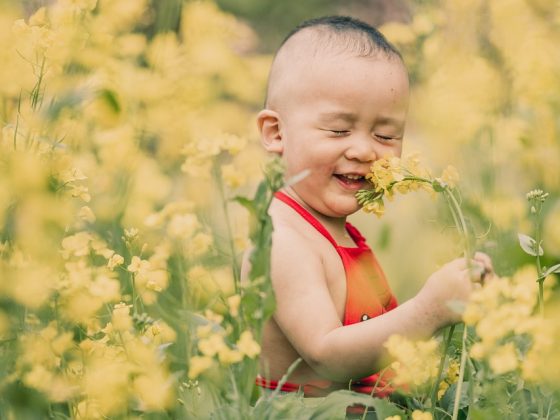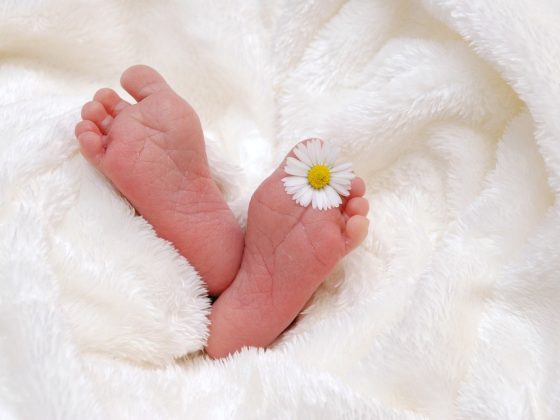From Peekaboo to Puzzle Solving: Exploring the World of Baby Games
As babies grow and develop, they begin to show an interest in play. Playing games with your baby not only provides entertainment and bonding opportunities, but also helps them learn new skills and develop important cognitive abilities. Baby games come in all shapes and sizes, from simple peekaboo to more complex puzzle solving activities. In this article, we will explore the world of baby games, discussing the benefits of play and offering a variety of ideas for games you can enjoy with your little one.
Benefits of Baby Games
Playing games with your baby has numerous benefits for their development. Here are just a few of the ways in which baby games can support your child's growth:
1. Cognitive Development: Games that involve problem-solving, memory, and spatial awareness can help babies develop important cognitive skills. Simple activities like stacking blocks or completing puzzles can help babies learn how to think critically and solve problems.
2. Social and Emotional Development: Playing games with your baby can help them learn important social and emotional skills, such as taking turns, sharing, and expressing emotions. Games that involve interactions with others can help babies develop their social skills and learn how to communicate effectively.
3. Physical Development: Many baby games involve physical activity, which can help babies develop their gross and fine motor skills. Activities like crawling through tunnels, playing with balls, or stacking blocks can help babies enhance their coordination and strength.
4. Language Development: Games that involve singing, talking, and reading can help babies develop their language skills. By engaging in conversation and storytelling during playtime, you can help your baby learn new words and improve their communication skills.
5. Bonding: Playing games with your baby provides a wonderful opportunity for bonding and creating special memories. Spending quality time together can strengthen your relationship and build a strong foundation for future interactions.
Ideas for Baby Games
Now that we've discussed the benefits of baby games, let's explore some fun and engaging activities you can try with your little one. Remember to always follow your baby's lead and adapt the games to their individual interests and abilities.
1. Peekaboo: A classic game that never fails to delight babies. Cover your face with your hands or a blanket, then reveal yourself with a big smile and a cheerful “Peekaboo!” Watch as your baby giggles and squeals with delight at the surprise.
2. Sensory Play: Fill a large plastic container with rice, pasta, or water beads and let your baby explore the different textures and colors. Provide them with cups, spoons, and containers to scoop and pour, encouraging sensory exploration and fine motor skill development.
3. Tummy Time: Place your baby on their tummy on a soft blanket or play mat and encourage them to lift their head and explore their surroundings. Use colorful toys and mirrors to capture their interest and support their neck and upper body strength.
4. Musical Play: Sing songs, play music, or use musical toys to engage your baby's auditory senses. Encourage your baby to clap, dance, or shake instruments along with the music, promoting rhythm and coordination skills.
5. Puzzle Solving: Introduce simple puzzles and shape sorters to challenge your baby's problem-solving abilities. Start with puzzles that have large, easy-to-grasp pieces and gradually increase the complexity as your baby's skills develop.
FAQs
Q: At what age can babies start playing games?
A: Babies can start engaging in simple games like peekaboo and sensory play from as early as a few months old. As they grow and develop, you can introduce more complex games that align with their abilities and interests.
Q: How long should I play games with my baby each day?
A: The amount of time you spend playing games with your baby will vary depending on their age, attention span, and energy level. Start with short, frequent play sessions and gradually increase the duration as your baby becomes more engaged and interested.
Q: What are some signs that my baby is enjoying the games we play?
A: Look for smiles, laughter, squeals of delight, and enthusiastic movements as indicators that your baby is enjoying the games you're playing together. Pay attention to your baby's cues and adjust the games as needed to keep them engaged and happy.
In conclusion, playing games with your baby is a fun and rewarding way to support their development and strengthen your bond. Whether you're engaging in a game of peekaboo, exploring sensory play, or solving puzzles together, the opportunities for learning and growth are endless. So grab your favorite toys and get ready to embark on a playful journey with your little one!











